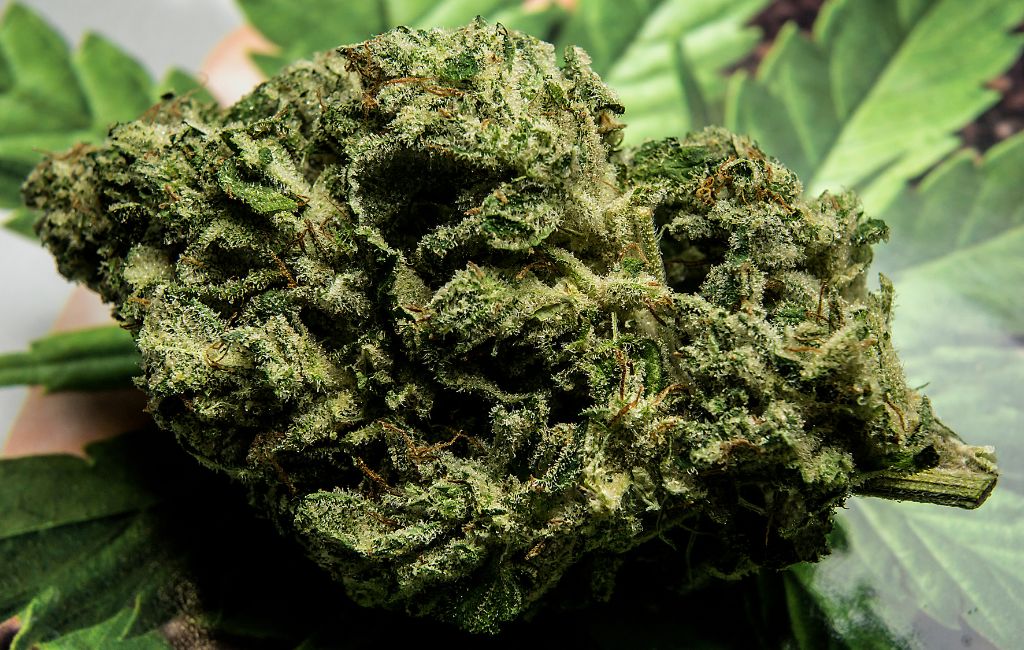Delta 9-tetrahydrocannabinol, commonly known as Delta 9 THC, is a prominent compound found in cannabis. It is primarily responsible for the psychoactive effects associated with marijuana. Beyond its recreational use, Delta 9 THC has been the subject of extensive research due to its potential therapeutic benefits. This article delves into the various Delta 9 benefits, supported by scientific studies and real-world examples.
Understanding Delta 9 THC
Delta 9 THC is one of over 100 cannabinoids present in the cannabis plant. It interacts with the endocannabinoid system in the human body, which plays a crucial role in regulating mood, memory, appetite, and pain sensation. The interaction between Delta 9 THC and the endocannabinoid system is what gives rise to its potential benefits.
The Science Behind Delta 9 THC
Delta 9 THC binds to CB1 receptors in the brain, leading to the release of dopamine, a neurotransmitter associated with pleasure and reward. This binding process is responsible for the psychoactive effects of cannabis. However, it also contributes to several therapeutic benefits, which are being increasingly recognized in medical research.
Therapeutic Benefits of Delta 9 THC
Delta 9 THC has been studied for its potential to alleviate various medical conditions. Here are some of the key areas where it shows promise:
- Pain Relief: Delta 9 THC is known for its analgesic properties. It can help reduce chronic pain by altering pain perception pathways in the brain. Studies have shown its effectiveness in conditions like arthritis, fibromyalgia, and multiple sclerosis.
- Appetite Stimulation: Often referred to as the “munchies,” Delta 9 THC can stimulate appetite, making it beneficial for patients undergoing chemotherapy or those with eating disorders.
- Nausea and Vomiting: Delta 9 THC has been used to combat nausea and vomiting, particularly in cancer patients receiving chemotherapy. Its antiemetic properties have been well-documented in clinical trials.
- Sleep Aid: For individuals struggling with insomnia or other sleep disorders, Delta 9 THC may offer relief by promoting relaxation and reducing the time it takes to fall asleep.
- Mental Health: While research is ongoing, some studies suggest that Delta 9 THC may help alleviate symptoms of anxiety and depression. It is believed to enhance mood and provide a sense of well-being.
Case Studies and Real-World Examples
Several case studies highlight the potential benefits of Delta 9 THC. For instance, a study published in the Journal of Pain found that patients with chronic pain experienced significant relief after using cannabis-based treatments containing Delta 9 THC. Another study in the European Journal of Internal Medicine reported improved appetite and weight gain in patients with HIV/AIDS.
Delta 9 THC in the Medical Community
The medical community’s perception of Delta 9 THC has evolved over the years. While it was once viewed primarily as a recreational substance, its therapeutic potential is now being recognized. Many countries have legalized medical cannabis, allowing patients to access treatments containing Delta 9 THC under medical supervision.
Legalization and Regulation
The legalization of cannabis for medical use has paved the way for more research into Delta 9 THC. Countries like Canada, the Netherlands, and several U.S. states have established regulatory frameworks to ensure safe and controlled access to cannabis-based treatments. This shift has encouraged further exploration of Delta 9 THC’s benefits and potential applications.
Challenges and Considerations
Despite its potential benefits, Delta 9 THC is not without challenges. Its psychoactive effects can lead to impaired judgment and coordination, making it unsuitable for certain individuals or situations. Additionally, there is a risk of dependency with prolonged use.
Balancing Benefits and Risks
For patients considering Delta 9 THC as a treatment option, it is important to weigh the benefits against the potential risks. Consulting with healthcare professionals and adhering to prescribed dosages can help mitigate adverse effects and maximize therapeutic outcomes.
Conclusion
Delta 9 THC offers a range of potential benefits, from pain relief to appetite stimulation and mental health support. As research continues to uncover its therapeutic properties, it is becoming an increasingly valuable tool in the medical community. While challenges remain, the growing acceptance and regulation of cannabis-based treatments provide a promising outlook for the future of Delta 9 THC in healthcare.
